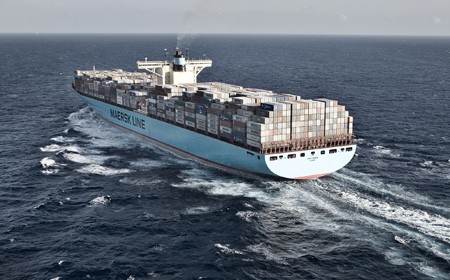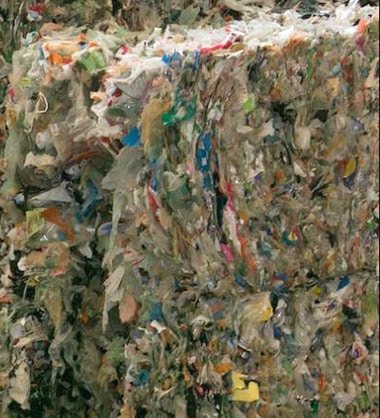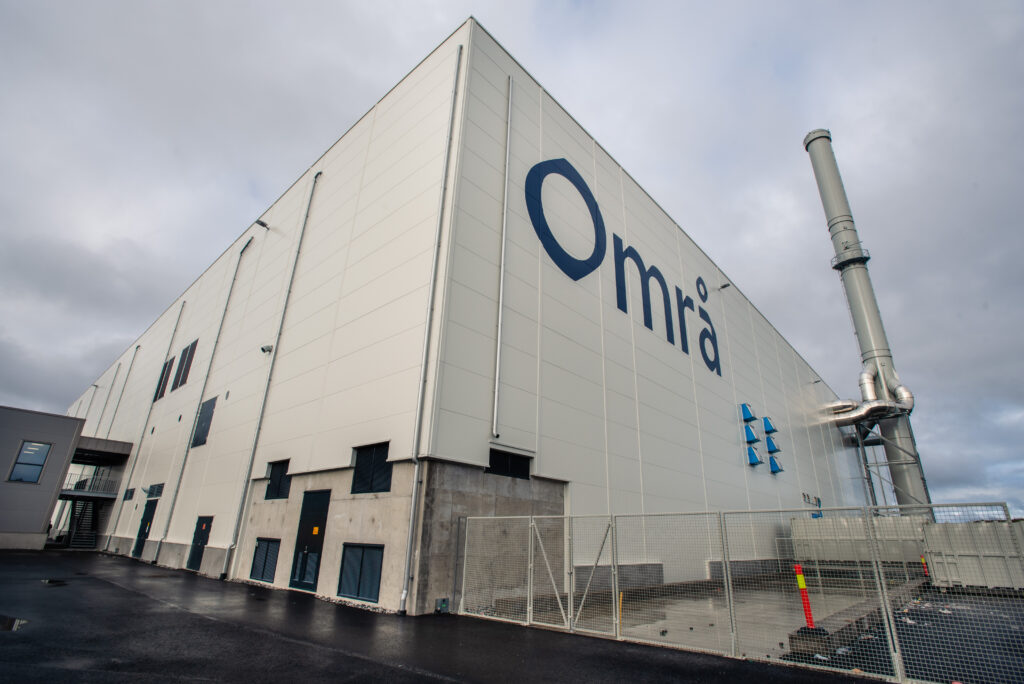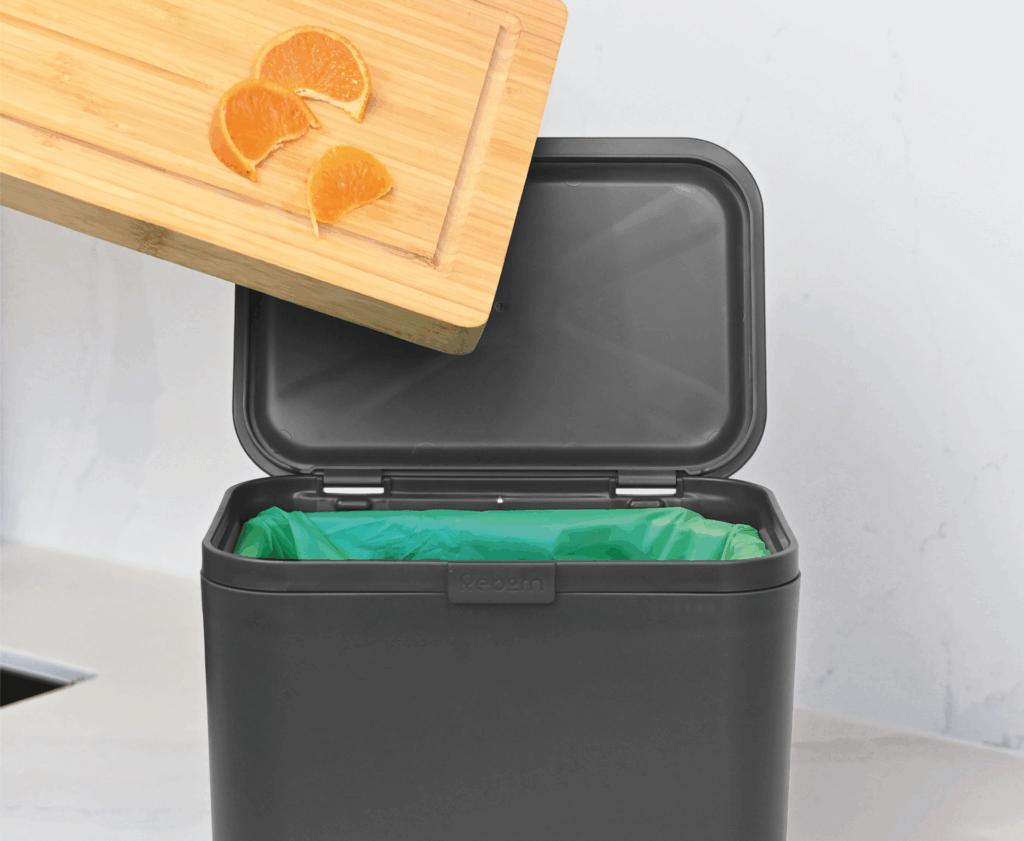Changes to the Convention, which is a binding agreement between 53 nations including the UK, are being considered which change the status of plastic waste for export – and potentially put in place additional requirements on exporters seeking to move the material into foreign countries.

The changes comes as exporting waste plastics for recycling overseas is already a challenge for UK exporters with only the very highest quality grades easy to move. And, this week Environment Secretary Michael Gove spoke about bringing an end to the “offshoring of waste”.
Convention
The Basel Convention came into force in 1992 to prevent the transfer of hazardous waste between nations. It regulates the transboundary movement of hazardous and other wastes, requiring parties to ensure that they manage and dispose of materials in an environmentally sound manner.
Parties must also agree not to export or import hazardous wastes to or from a non-signatory state.
In its present form the Convention consists of two main procedures for waste shipment which are called “Amber List” and “Green list”. Amber listed wastes are seen to be those that are known to cause harm to water and land, while green listed waste is considered non-hazardous.
Presently, member nations are considering changes to the Convention tabled by Norway, aimed at combating marine litter. Norway’s proposal would change the status of scrap plastic destined for recycling.
Submitted in June, the Norwegian government’s proposal suggests scrap plastics should be added to Annex II of the Basel Convention, a list of wastes for ‘special consideration’ that require notification by exporting countries and consent by importing countries prior to shipping.
“By explicitly including plastic waste in the scope of the Basel Convention, these waste streams can be controlled, and mismanagement of plastic waste avoided,” according to an explanatory document submitted along with the application in the summer.
Categorisation
Currently, plastics fall under the category “B3010” which does not require a notification procedure. Norway would like for plastics destined for recovery to fall under the “Y48” category which does require a notification procedure.

Proposed updates to the Convention will be discussed at a meeting in Geneva next April. The proposal received support from the Working Group of the Basel Convention at its eleventh meeting in September.
However, the proposals have raised alarm with a number of international waste organisations – among them FEAD, which represents Europe’s waste management industry and the UK’s Environmental Services Asssociation, and ISWA, the International Solid Waste Association.
Concerns have also been raised as to the cost that this process would likely add to the export of plastics for recycling – and the impact this could potentially have on the demand for the material.
In a statement released this week, FEAD said that the proposals, if adopted, could ‘seriously hinder the development of an EU market for plastic recycling’.
“We firmly believe that this proposal is bound to miss its objective,” the organisation said.
“The notification procedure would seriously hinder the development of an EU market for plastic recycling. It would raise the administrative burden and the costs of shipping plastic waste to EU countries where they are further prepared, or it would make shipping simply impossible.
“The proposal is unclear, with classifications subject to confusion and varying interpretations. This will result in delays, costs, legal cases. FEAD is opposed to a revision making major plastic flows destined for recycling or recovery operations no longer benefit from the green procedure.”
Related Links
Basel Convention
Norway’s proposed amendment








Subscribe for free